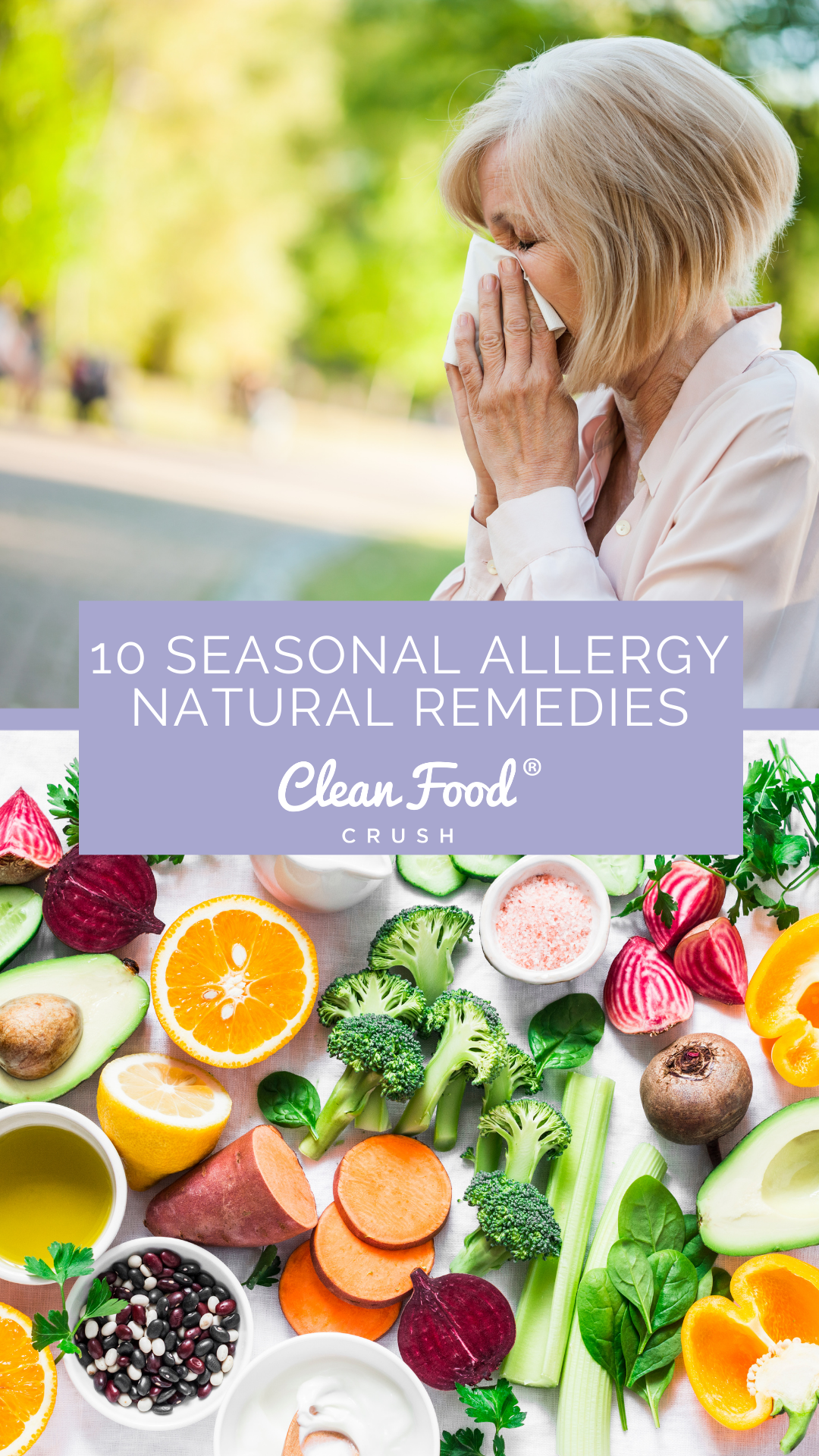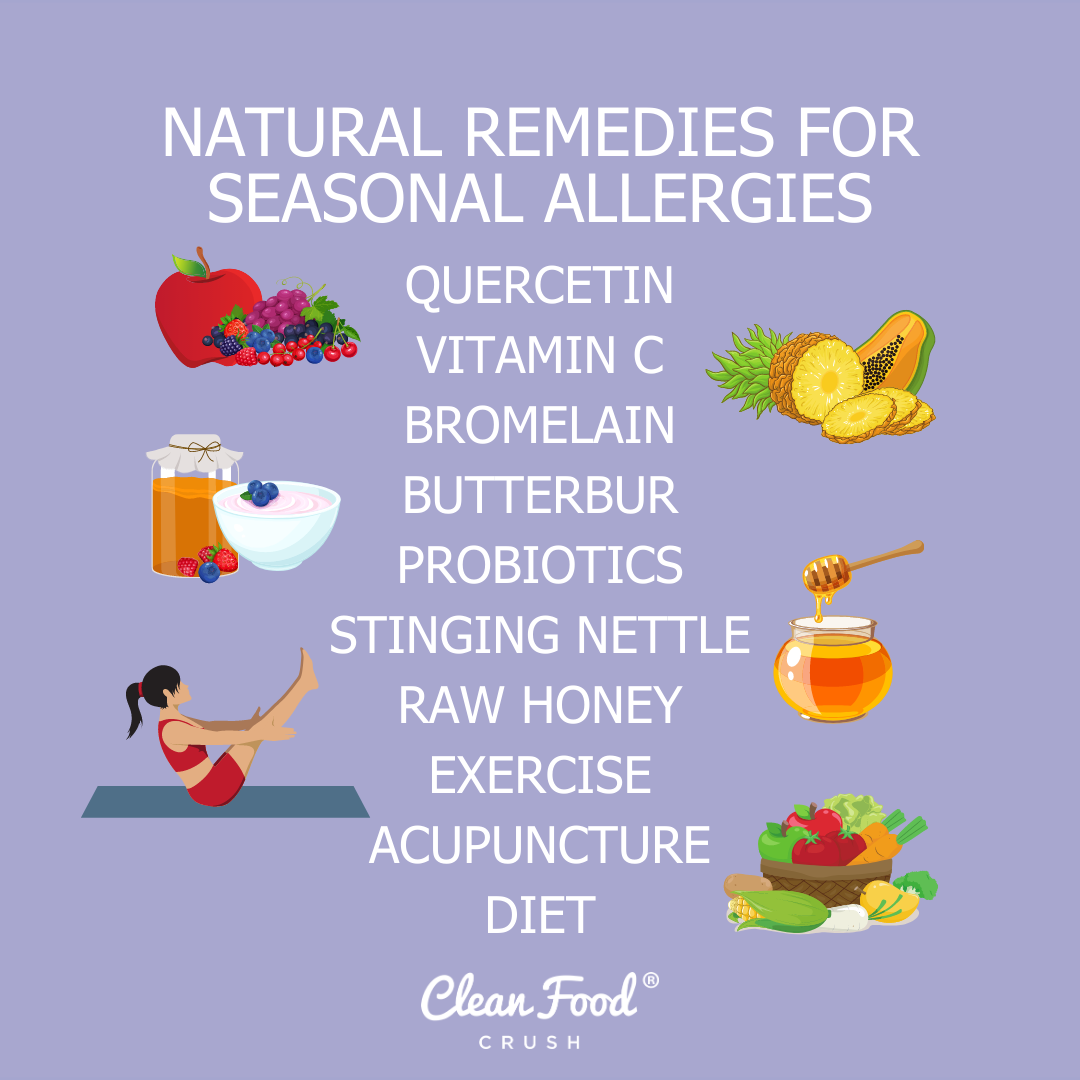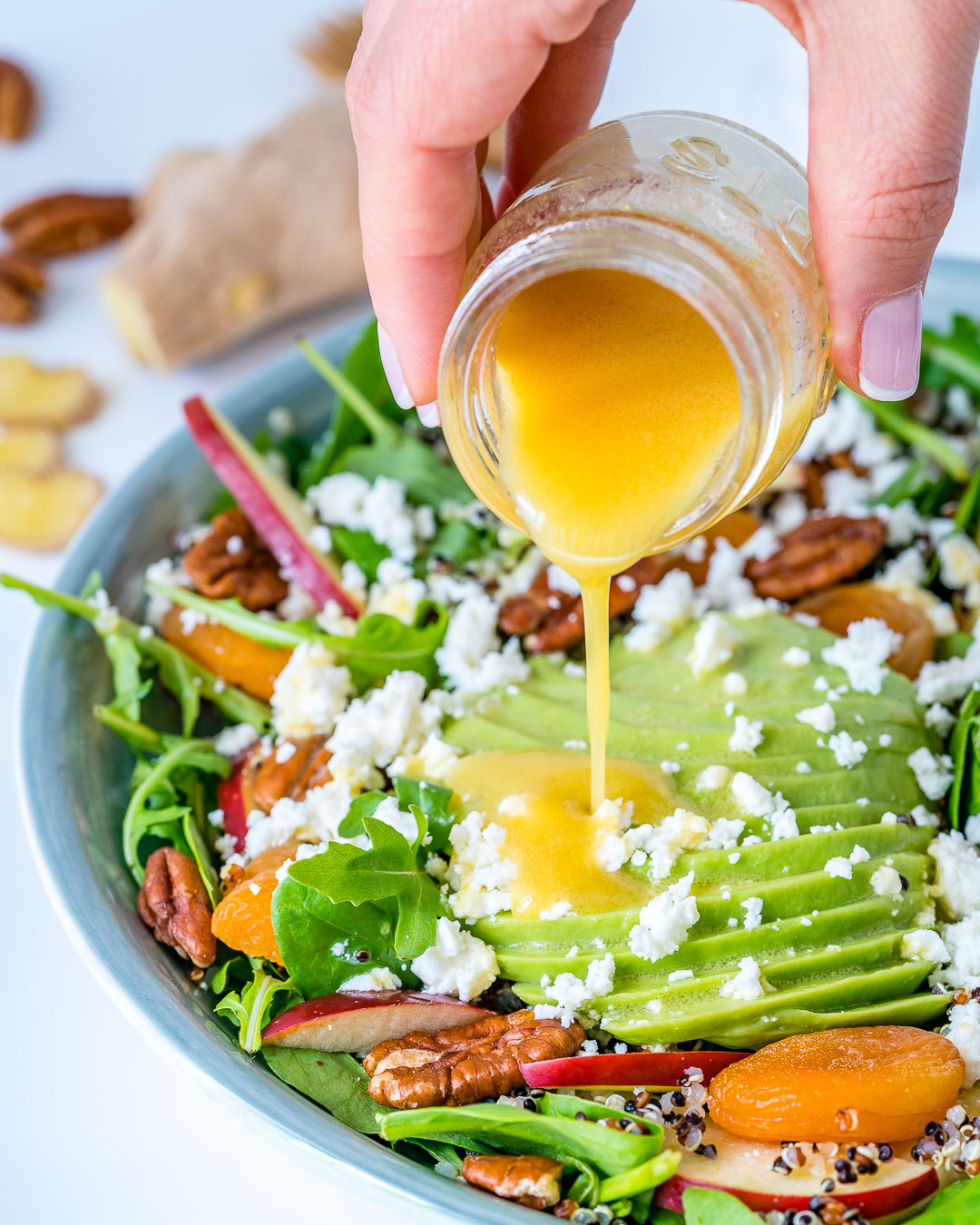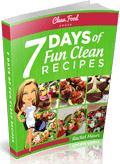

Relieve Seasonal Allergies With These Natural Remedies
The changing of the seasons can be a welcome time for many people. Things like holidays, vacations, and changes in weather can bring excitement into our lives.
Yet if you’re someone who struggles with allergies, the changing of the seasons can also be a dreaded time when you don’t feel your best. Rather than succumb to the seemingly inevitable symptoms of allergies or relying only on medication to support them, there are many natural remedies you can try as well.
What are Seasonal Allergies, and What Causes Them?
Allergies occur when your immune system reacts to something it perceives as harmful but is actually harmless for most other people. As a result, your body produces a compound called histamines, which act as a defense mechanism to get rid of the substance you are allergic to. Histamines are what cause the common symptoms of allergies, such as itching, sneezing, runny nose, asthma, and/or rashes. This is why most allergy medications involve antihistamines.
You can be allergic to things like foods and medications or to things in the environment like pollen, dust, and pet dander. Environmental allergens cause seasonal allergies, which is also called hay fever or allergic rhinitis. Seasonal allergies affect about 8% of Americans and occur most commonly during the changing of seasons when exposure to outdoor allergens is increased.

Natural Remedies for Seasonal Allergies
While avoidance of known allergens is best, this isn’t always possible. Thankfully there are natural herbs and nutrients that can help support your body in dealing with allergy symptoms.
- Quercetin-Quercetin is one of nature’s strongest antihistamines. Research shows it has anti-allergic and antiviral properties that inhibit the release of histamines and can also reduce inflammation caused by allergy symptoms. This makes it an excellent option and is also powerful at reducing inflammation, making it a perfect option for treating seasonal allergies. Quercetin is naturally occurring in foods like apples, berries, grapes, and tea. However, supplementation is often the best way to receive adequate amounts of this plant compound to achieve full therapeutic benefits. Dosing can vary from about 250mg per day to up to 1000mg/day, and it is usually best to start small and monitor symptoms before increasing the dose.
- Vitamin C– Vitamin C is another powerful antioxidant that can help reduce histamine levels and boost your immune system. Taking vitamin C supplements in addition to quercetin and/or other allergy medications can help boost their impact in the body and further support allergy relief. Keep in mind that megadoses of vitamin C are not necessarily better, since absorption decreases with high doses above 1,000mg, and the excess will be lost in your urine. Moderate doses between about 200-500mg are likely adequate.
- Bromelain– If asthma is a symptom you experience from exposure to allergens, bromelain may help. Bromelain is a natural enzyme found in pineapple and papaya that has been shown to help reduce inflammation that can lead to breathing difficulty. Some natural allergy supplements combine quercetin with bromelain and/or vitamin C for an even greater impact.

This Sheet Pain Hawaiian Pineapple Chicken is loaded with Allergy Relieving Bromelain
- Butterbur– this herb also has some evidence that suggests it may be an effective natural treatment for seasonal allergies by helping to block the release of inflammatory chemicals that can cause allergic reactions in the body. It is also a common natural treatment for migraines and headaches. However, some results are mixed. Also keep in mind that some butterbur products can contain chemicals called pyrrolizidine alkaloids (PAs), which can cause damage to the liver, lungs, and blood circulation, and possibly cause cancer. Therefore, only butterbur products that are labeled and certified as PA-free should be used in recommended doses for up to 16 weeks according to research.
- Probiotics– Probiotics have been found to be beneficial for a number of immune and allergy reactions, including seasonal allergies and viral infections. (about 80% of your immune cells are located in your gut!). However, it is possible that some types of probiotics might be helpful while others are not. The combination of lactobacilli and bifidobacteria genus of probiotics has been found to be specifically helpful in treating symptoms of seasonal allergies. Probiotics can be taken in many forms and doses as well, so which and how much to take may vary and should be discussed with a trusted healthcare practitioner.
- Stinging nettle– This plant may also have anti-allergenic effects by helping to block histamine receptors and reduce inflammation as well as some symptoms. A small study has shown significant improvement in symptoms when using stinging nettle compared to a placebo, but more research is needed to confirm results. Stinging nettle comes in a variety of forms and it’s best to reach out to a trusted healthcare professional for guidance on dosing.
Other Options for Seasonal Allergies
In addition to the above natural products, there are other things that may help with treating allergies:
- Raw honey– raw, unprocessed honey contains small amounts of bee pollen from the environment, which is believed to help build up your body’s tolerance and lower your body’s reaction to the pollen over time. Honey also contains antioxidants and has antibacterial effects, which can play a role in fighting off illness. While there is no scientific proof that eating local honey will improve seasonal allergies, it makes a healthy alternative to other sweeteners and may serve as a cough suppressant for some.

- Exercise– Being physically active can help remove bacteria from the lungs and airways and therefore improve respiratory symptoms of allergies. Exercise is also known to boost the immune system in general, making your body better able to fight off allergies and other potentially harmful exposures. So, it’s definitely something you’ll want to make sure you’re getting enough of!
- Acupuncture– there is some evidence that acupuncture may help with symptoms of seasonal allergies, but more studies are needed.
- Diet– What you eat plays a huge role in supporting the immune system. You can read more about foods and nutrients to focus on in these posts.
 Changing Your Diet Never Tasted SO GOOD! Eat Better, FEEL Better with our 30 Day Clean Eating Challenge!
Changing Your Diet Never Tasted SO GOOD! Eat Better, FEEL Better with our 30 Day Clean Eating Challenge!
In Summary
Seasonal allergies can be frustrating to deal with. Thankfully there are a variety of natural remedies that you can try which may be effective in improving your symptoms and boosting your immune system. It’s always a good idea to discuss the use of natural allergy remedies with your doctor, and never reduce or stop using any current allergy medications unless directed by your medical provider.
















